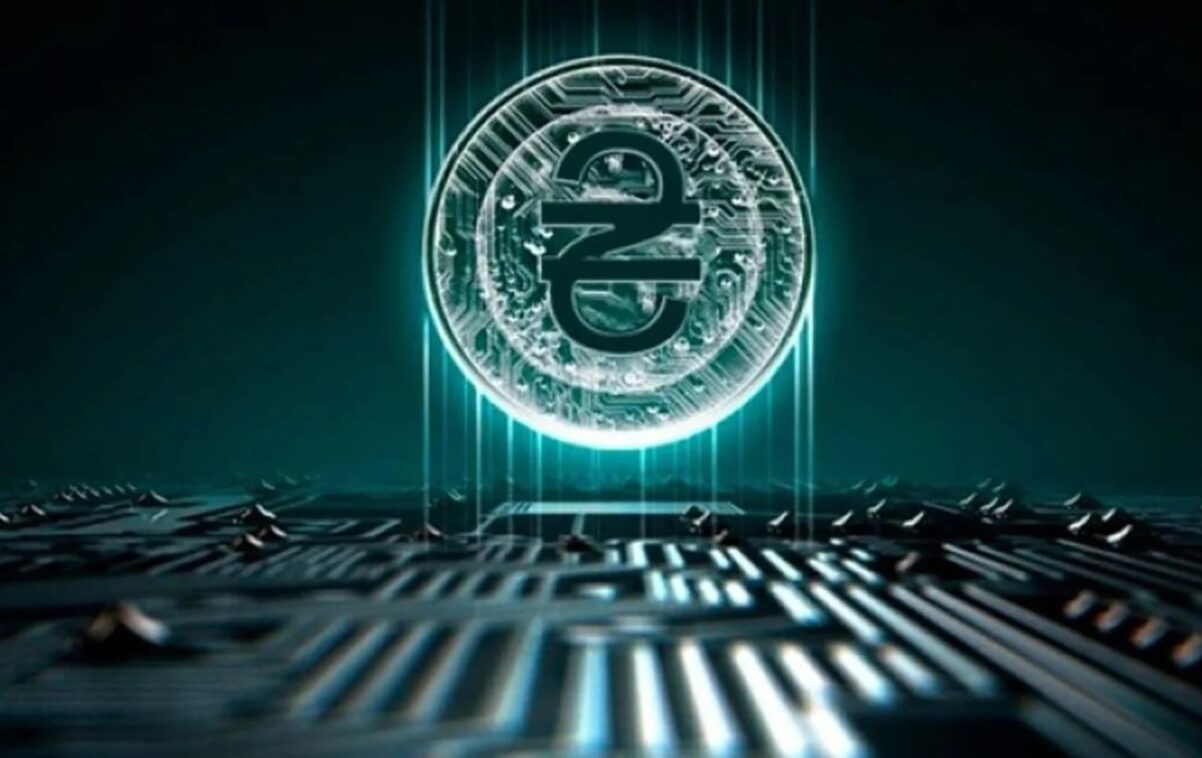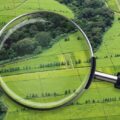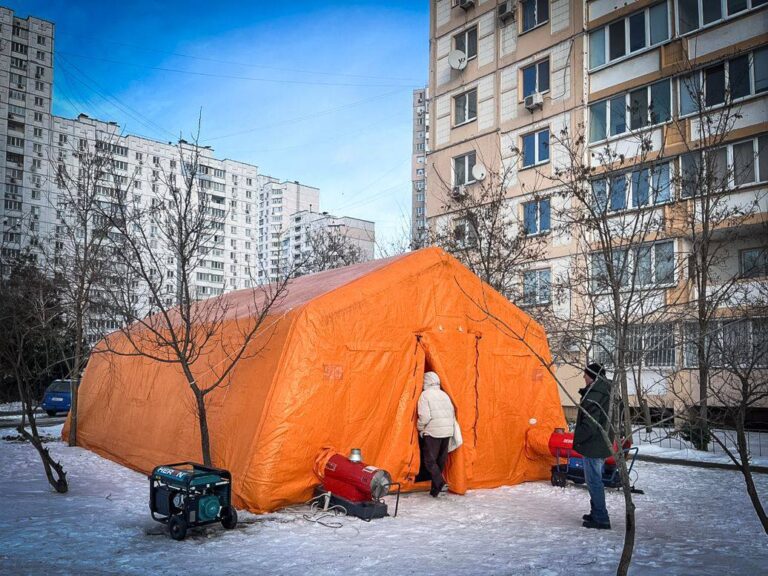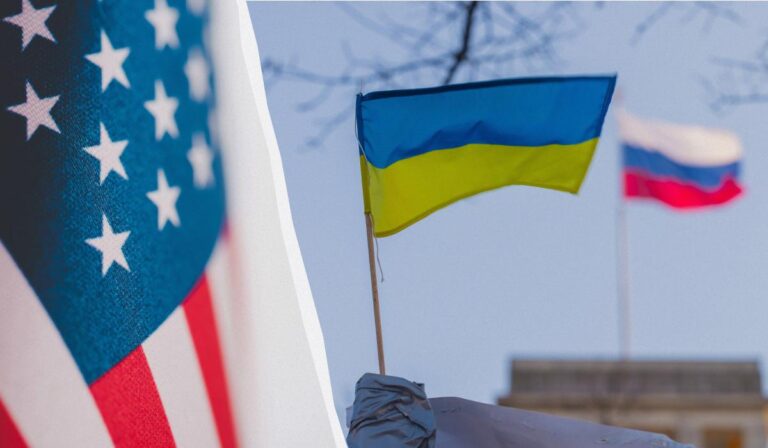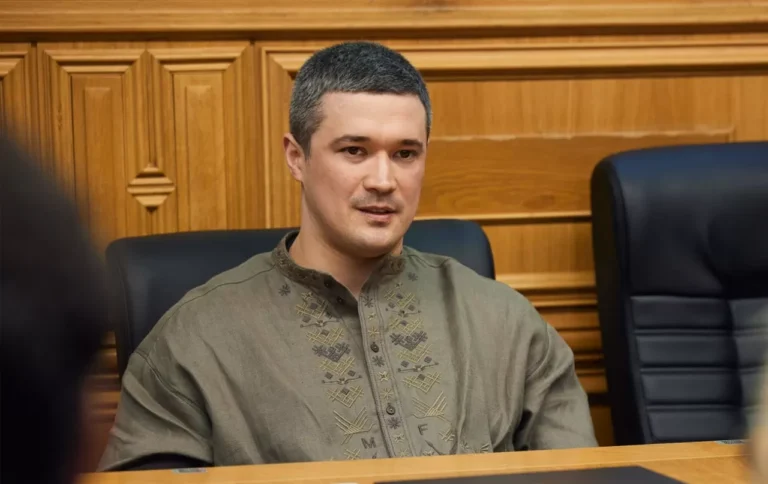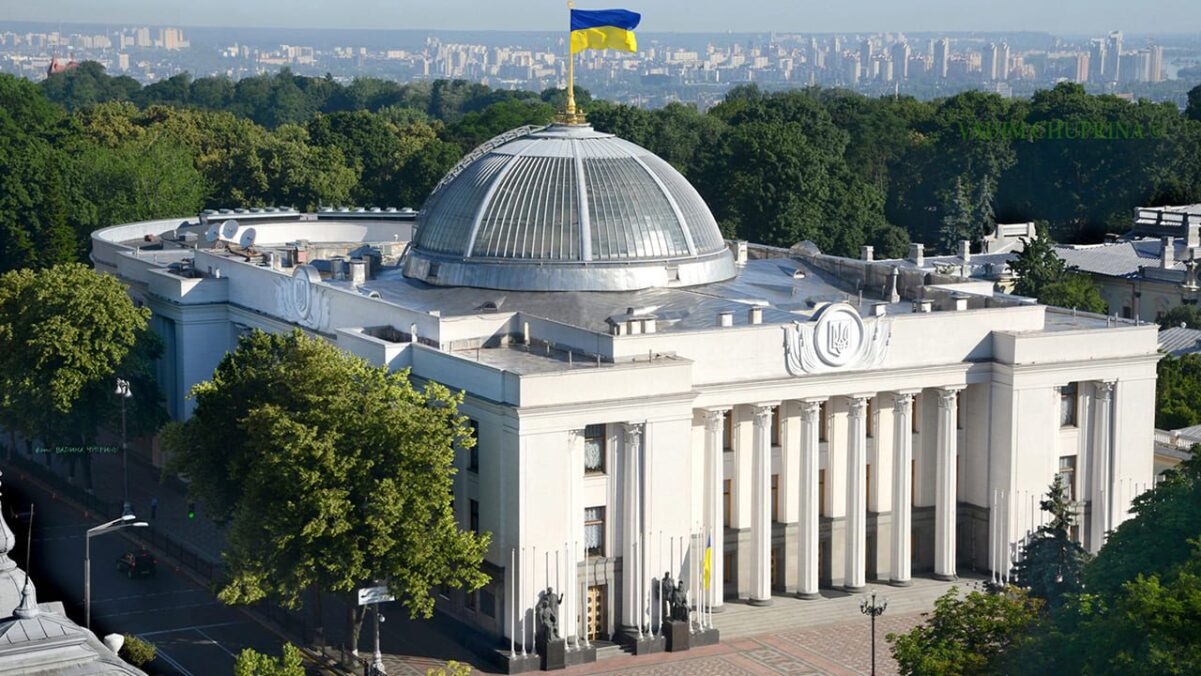
Real Estate Registry Access Restricted: What Ukraine’s New Law Means for Journalists and Transparency Advocates
On August 21, 2025, the Verkhovna Rada of Ukraine passed in its entirety Draft Law No. 11533, which significantly restricts public access to data on real estate owned by legal entities, including cadastral numbers of land plots they own. And although the official goal of lawmakers is to strengthen security in wartime conditions, for many experts, journalists, and civic organizations, this decision appears to be a step backward in terms of anti-corruption transparency.
The new law introduces amendments to the Civil Code of Ukraine and several other laws that regulate the provision of information from electronic public registries, particularly those managed by the Ministry of Justice. During martial law and for one year after its conclusion, access to information about the address of the property, its cadastral number, and the owner (if it is a legal entity) will be closed.
The initiators of the draft law including MP Ihor Fris from the “Servant of the People” faction justify these steps with considerations of national security. According to him:
“Thanks to the registries, the Russians can find out the addresses of weapons production and the land plots on which defense enterprises are located. This information is open and accessible, which makes it easier for the enemy to identify targets for airstrikes.”
According to the authors of the document, this is precisely why it is impossible to leave even partial access to defense-related legal entities, as the enemy could identify them by exclusion.
Which data will become unavailable
The law provides for the temporary blocking of the following information:
- Addresses of legal entities and the locations of property registered to them.
- Cadastral numbers of land plots.
- Technical information in patents, industrial designs, and copyrights, if it discloses logistics, specifications, or locations.
- Information in the Prozorro system that may have strategic significance.
- Court rulings containing sensitive data on logistics, specifications, or contractors in the defense sector.
These restrictions also apply to intellectual property registries if the information may directly or indirectly point to critical infrastructure objects.
What supporters of the law say
In addition to security arguments, members of parliament emphasize that the restrictions do not apply to individuals. According to Ihor Fris:
“Journalists will still be able to expose dishonest officials and corrupt figures.”
He also stated that information for the media will remain available, but upon request through appeals to state registrars. These data will be obtainable in written form, in accordance with the current legislation and for a defined fee.
Another argument is the cyberattack on state registries in December 2024. According to Fris, a significant volume of information on legal entities may have ended up in the hands of the enemy. For this reason, it is not possible to limit only the registries of defense enterprises, because openness of the rest creates additional risks of their identification.
What concerns society: the position of civic organizations
The Anti-Corruption Action Center stated that the adopted law creates significant barriers for journalistic investigations, particularly those related to abuses in the real estate sector:
“If you suddenly decide to buy real estate from a construction company finding out in advance whether it actually belongs to that legal entity will be difficult.”
The organization believes this decision makes life easier for corrupt actors who can hide assets behind legal entities, while also opening new opportunities for fraud in registering property rights.
The DEJURE Foundation also criticized the document, warning:
“Corrupt officials will start transferring their property to legal entities, and the public will not know where the next ‘judge’s villa’ or ‘prosecutor’s dacha’ is hidden.”
Are registries really a threat to security?
Statements about the enemy’s use of public registries deserve attention. The problem lies elsewhere: registries have already been partially closed since the beginning of the full-scale war, and the practice of limited access in particular through geolocation restrictions has long been in place.
Moreover, security and transparency are complex but not always contradictory concepts. Civil experts point out that defense-related facilities could be separated with a special regime, without blocking information about all other legal entities.
It is also worth remembering: the publicity of registries is one of the key reforms after the Revolution of Dignity, which made it possible to detect illegal assets, hidden ownership, and shadow networks of influence.
What will change for citizens
The risks concern not only journalists and civil society organizations. Ordinary Ukrainians will also lose a tool to verify real estate objects, in particular when buying an apartment or signing contracts with legal entities.
Real estate market participants warn: the number of questionable deals will increase, since verifying the real owner will become more difficult or even impossible. This is especially critical in the context of active reconstruction, when the state declares a priority of transparency and openness of the investment environment.
Protecting defense enterprises is a real and urgent need. But implementing this goal through a complete closure of access to legal entity data is too broad a decision that weakens the anti-corruption system, already undermined by war and internal risks.
Instead of a balanced approach, the legislator chose a model of restrictions with ‘excessive security’, without offering a transparent mechanism of exceptions for socially important information. And that means: everyone lost openness, except for those who had already been hiding their assets behind chains of companies.
The question now is: how quickly can the state restore trust, not only by rebuilding schools and roads, but also by restoring the openness of the system, where transparency is not a weakness, but a foundation of democracy.



